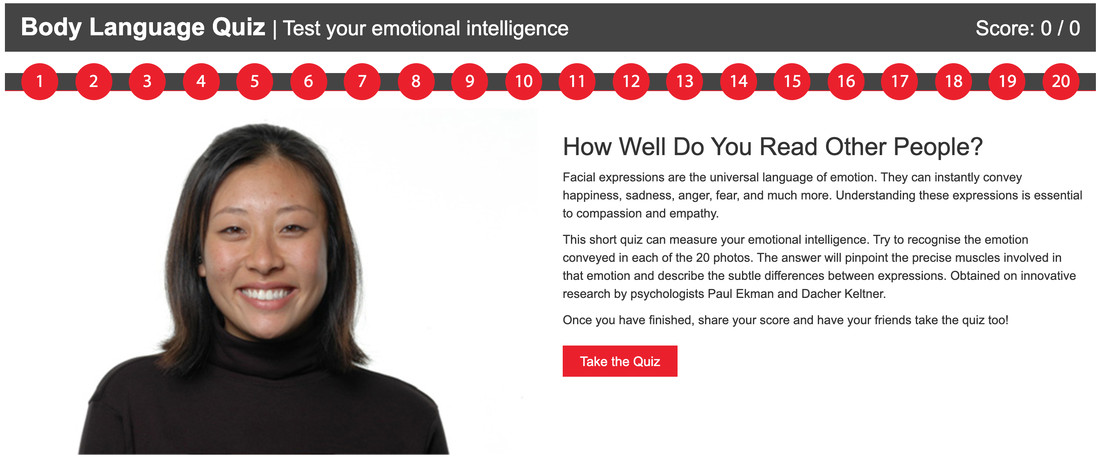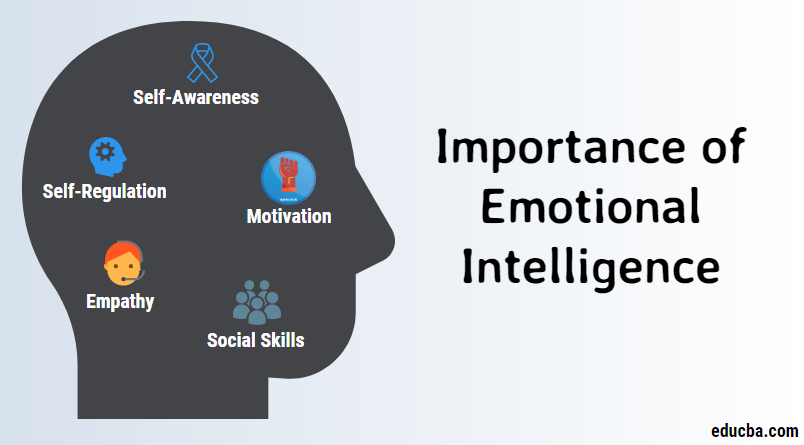Lesson 5 - Emotion
|
In this last 'taught' lesson we're going to examine the importance of emotion as a way of knowing. In the previous lesson on reason our focus was on system 2, this week we are very much focused on system 1, the automatic, fast function of the brain.
The first thing we're going to do is test your emotional intelligence with an EQ test. Click on the link opposite to begin the test. You will be presented with a series of faces showing different expressions. Your job is to decide which is which. |
In the second part of the lesson we're going to examine how important emotion is in helping us make decisions. Emotions are not simply things that need to be controlled as Descartes argued and the western philosophical tradition has asserted since Plato. Without access to your emotions you'd find it impossible even to decide which chocolate bar to buy.
Further reading and resources
|
This Guardian article looks at the science behind spotting a real smile. On Emotional Intelligence, Daniel Goleman is one of the leading experts and this is his introductory talk.
|
|
On the idea of 'gut instinct' and when to trust your emotions this Business Insider article www.businessinsider.com. The internet is full of TED talks and helpful videos about the the role of emotion in decision making. A found these to be particularly useful.
|
|
|
|
On some of the topics we looked at in the lesson.
|
|
|
|
Finally, a little bit extra about the extraordinary life of Phineas Gage.
|
|
|


